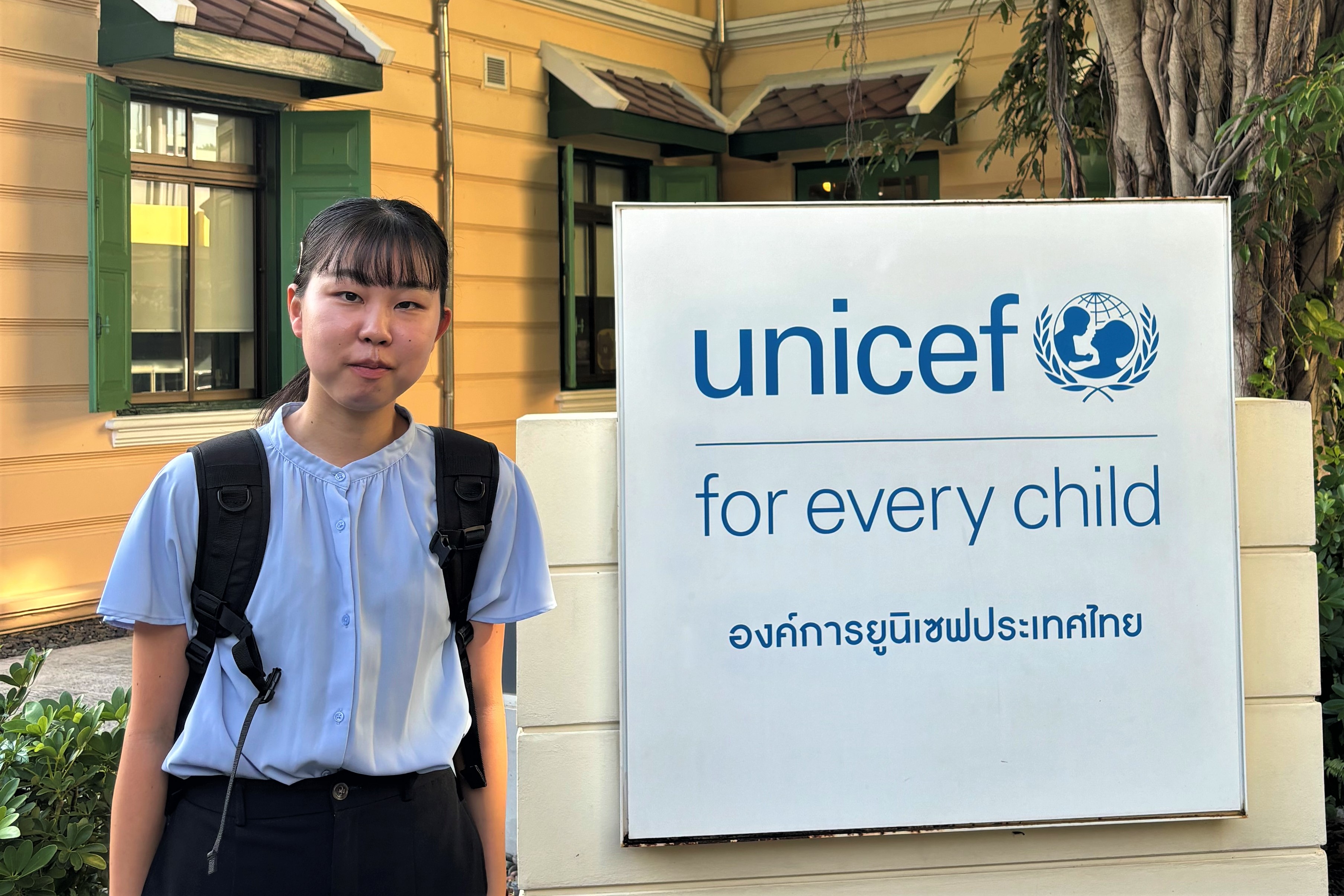TOPICS
TOPICS
2024.11.15

https://www.ritsumei.ac.jp/ir/open-seminar/eng/overview/

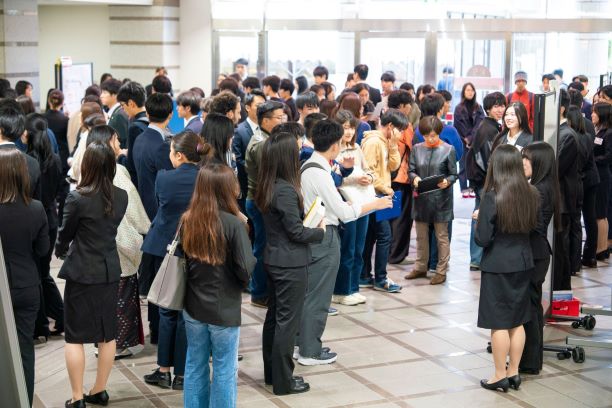
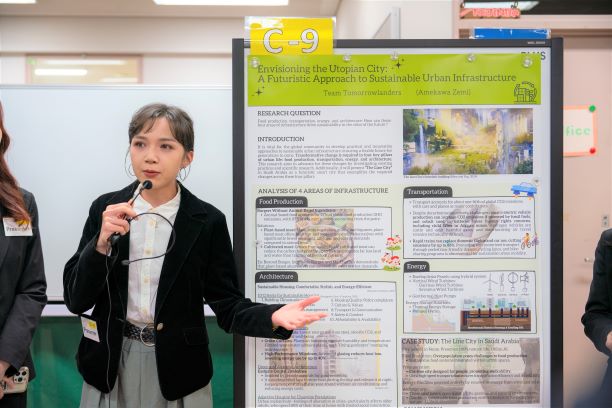
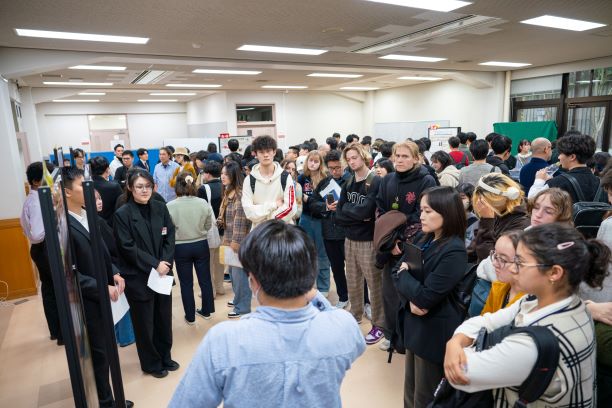


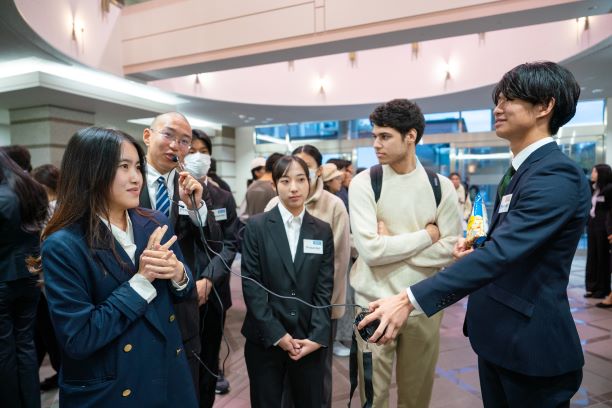

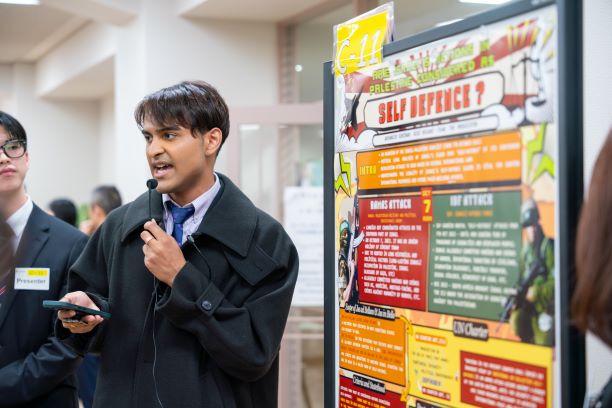







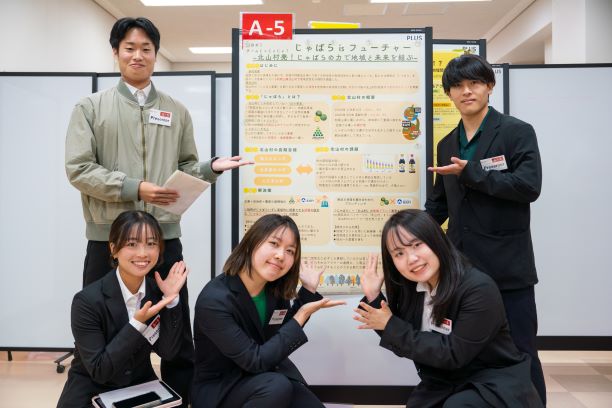

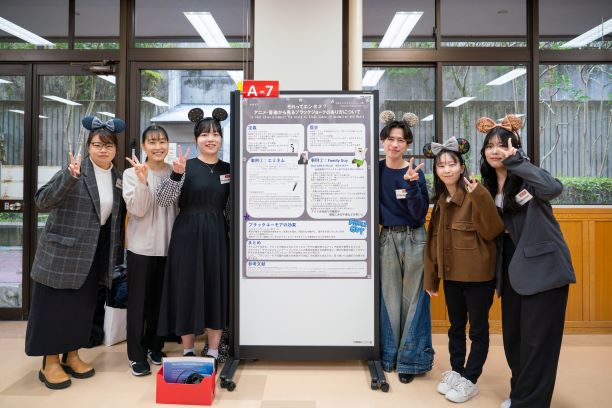



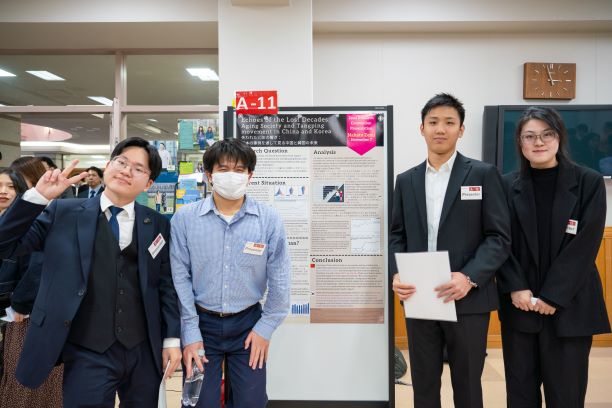











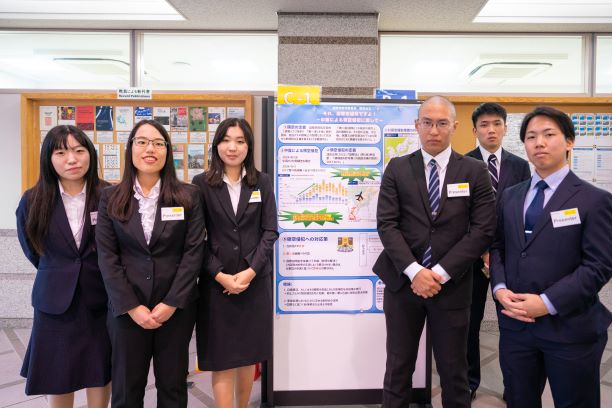
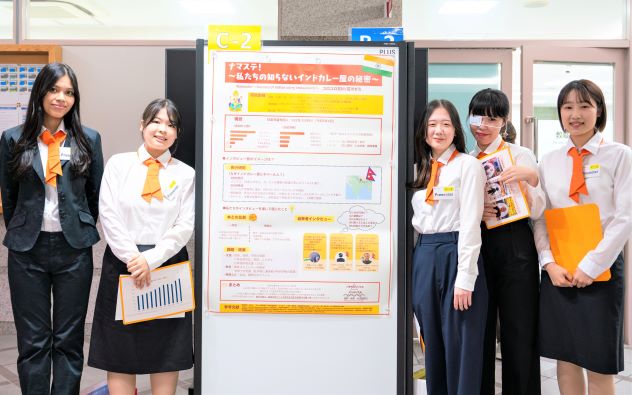
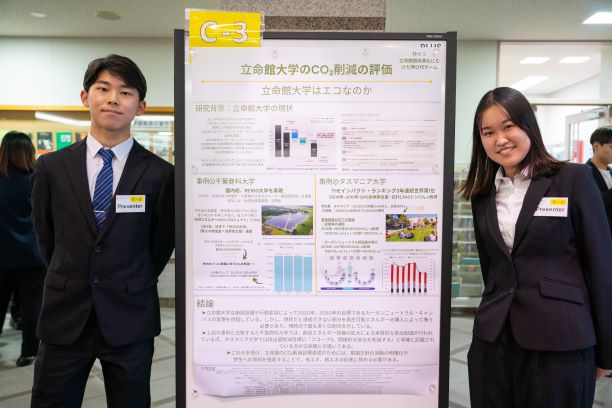

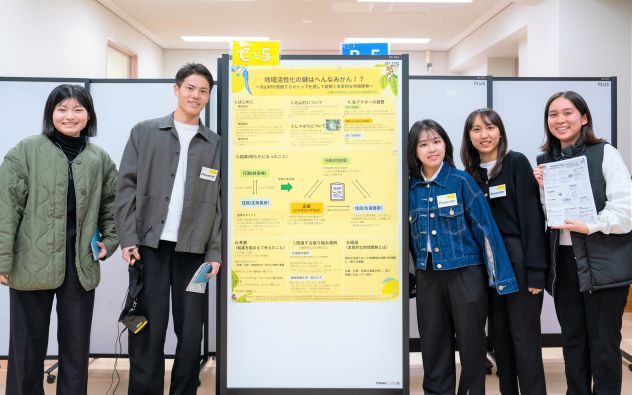
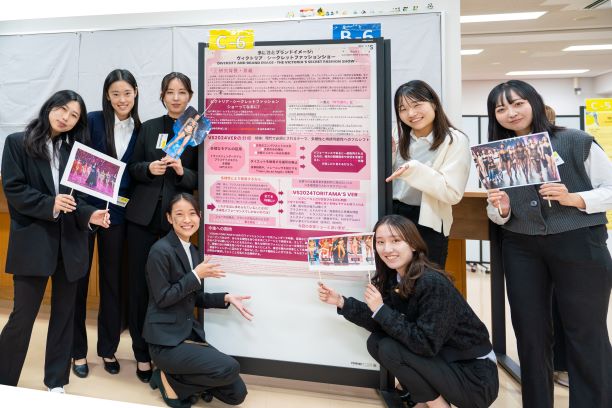

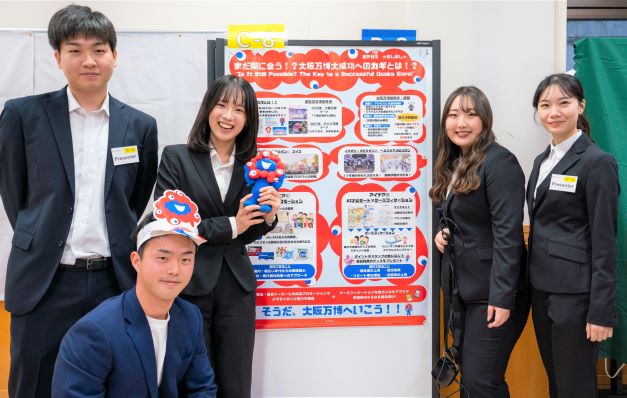

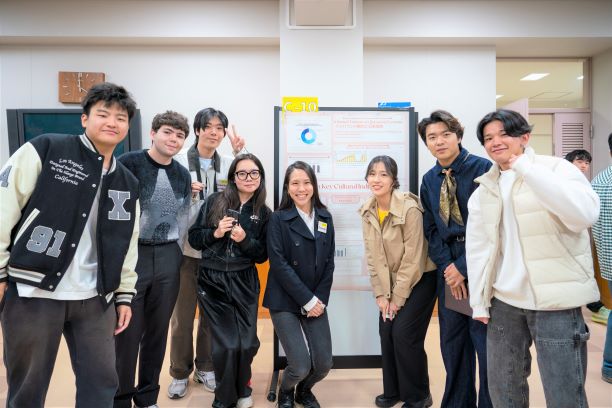



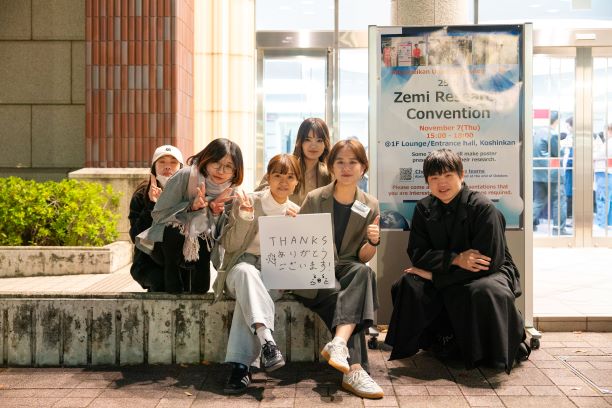
more
On the 7 of November, the Zemi Research Convention was held.
On the 7 of November, the Zemi Research Convention was held.The convention is a presentation style competition for teams of third-year students and above enrolled in Advanced Seminar.Every year we invite guests from companies and alumni from across the globe to visit and interact with current students.
This year 33 teams presented.
You can access each teams’ presentation content from the below website link:https://www.ritsumei.ac.jp/ir/open-seminar/eng/overview/
Many
guests, faculty, graduates, students from affiliated high school and
current students gathered on the day.They attentively observed each
presentation and abundant thought-provoking Q&A’s were exchanged.
The presentation participants were able to gather many valuable feedbacks from audiences.
We will be using the data to enrich students' graduation thesis and future studies and improve future conventions held by our faculty.
We will be using the data to enrich students' graduation thesis and future studies and improve future conventions held by our faculty.
2024.11.13

My life at Ritsumeikan was busy but incredibly fulfilling. The possibilities after graduation are endless—whether you choose to work or continue your academic journey in Japan or elsewhere. (LIN Tzu Cheng:Global Studies Major Alumnus)
2024.11.11
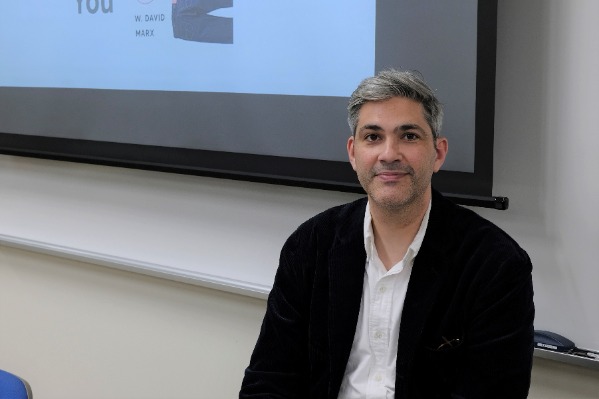


more
Report on the guest lecture (W. David Marx, Writer and Culture commentator)
W. David Marx, a writer and culture commentator based in Tokyo, visited Introduction to Anthropology as a guest speaker on November 11. In the talk, Marx brought the topic of his first book, Ametora: How Japan Saved American Style, into conversation with questions related to the course.
How can we explore the interchange of culture and creativity between Japan and the United States through the topic of fashion? What is “authenticity” and how can we better contextualize cultural value in might appear to be arbitrary or simple mimicry or appropriation? As Marx traced the history of denim jeans in Japan, illuminated post-WWII Japanese history, charted the development of varieties of Japanese youth culture and delinquency, considered changing perspectives on US-Japan relations, and drew our attention to brand and entrepreneurial history.
Along the way, we were treated to captivating archival images and amusing anecdotes based in his extensive interviews with the protagonists of the story of “American casual” clothing in Japan. Marx offered perspectives on how different social science fields might approach the same topic and shared his approach to research, writing, and making the transition from interested student to dynamic, productive adult: “show up!” After the talk, students posted a variety of short reactions and questions online, then we transitioned to an open Q&A.
In addition to writing and culture commentary about fashion, Marx wears a variety of hats within the world of Japanese fashion, and students were keen to hear his insider take. The discussion also engaged topics like debates over appropriation, subcultures, strategies for making one’s way into a new field, political polarization, and the relationship between fashion and identity.
2024.11.08

My time at the College of International Relations taught me two crucial lessons that continue to guide me today: thriving in diverse environments and cultivating a love of learning.(SAKAKIBARA Jun :Global Studies Major Alumnus)
2024.11.06

Faculty Exchange with American University
Ritsumeikan University (RU) has been offering a Dual Master’s Degree Program since 1992 and a Dual Undergraduate Degree Program since 1994 with American University (AU) in Washington, DC. As part of these collaborative efforts, a Joint Degree Program between AU and RU was established in 2018. The two universities not only partner in education but also exchange faculty members regularly.

In the fall semester of 2024, RU invited Dr. Claire Brunel from AU to give lectures in economics which is her area of expertise.
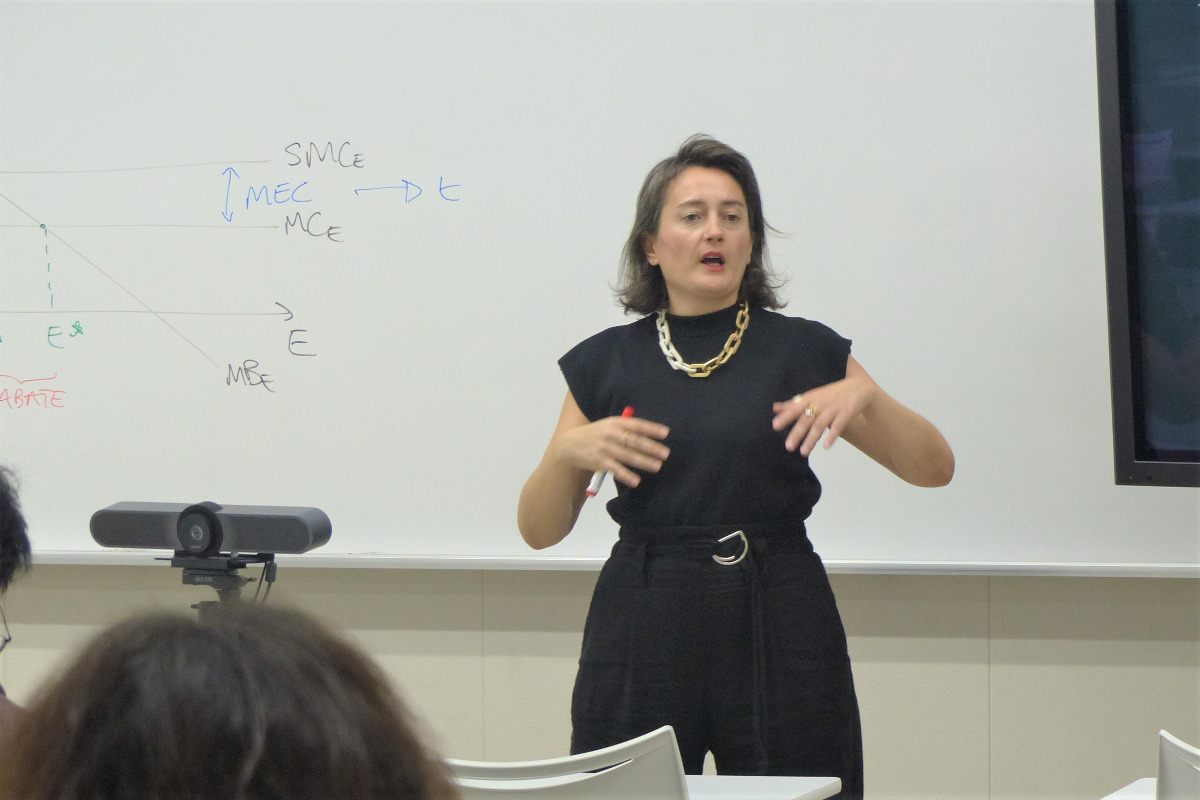
The students listened attentively while taking notes, and they were actively engaging with the teacher's questions.
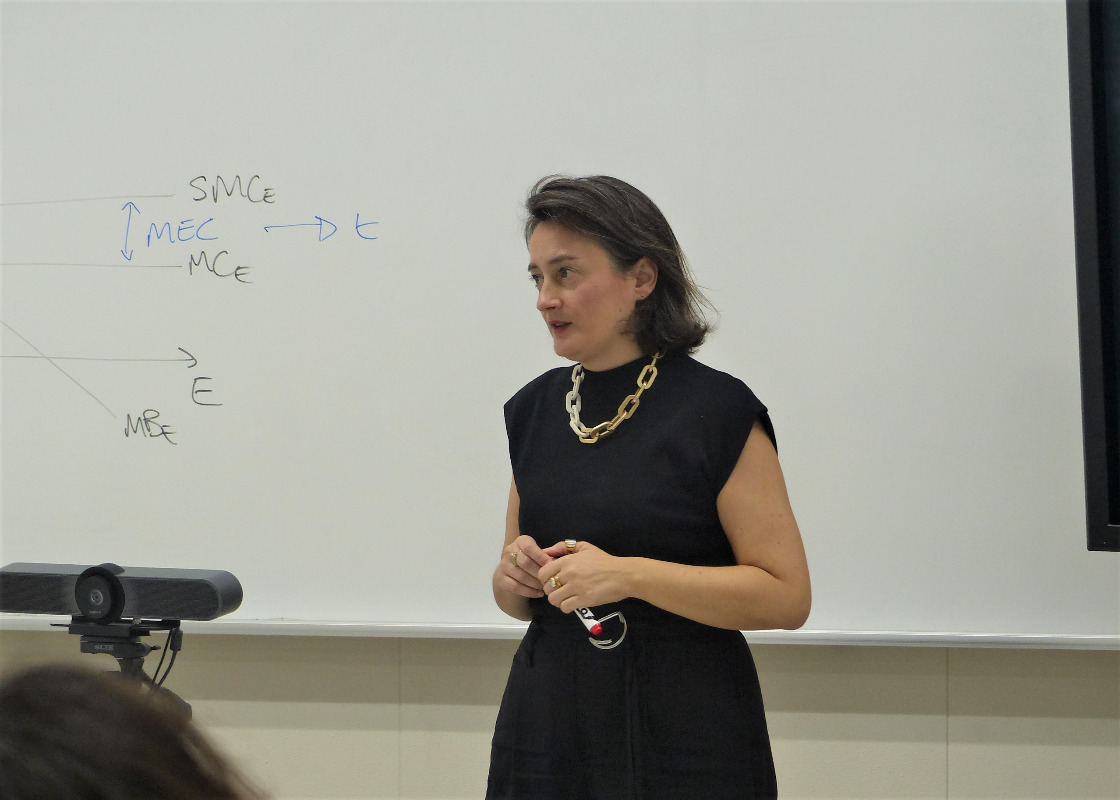
more
In the fall semester of 2024, RU invited Dr. Claire Brunel from AU to give lectures in economics which is her area of expertise.
The students listened attentively while taking notes, and they were actively engaging with the teacher's questions.
Ritsumeikan University will continue to participate in exchanges with American University and provide diverse learning opportunities for students.
2024.10.28
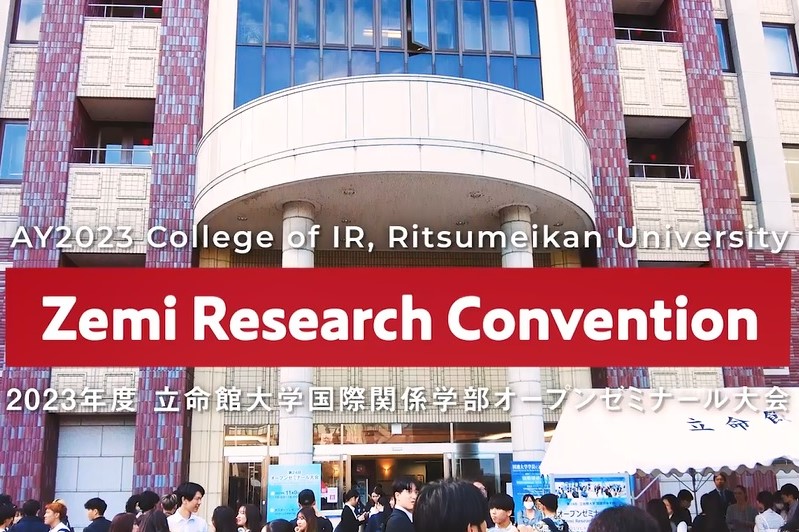
The 2024 Zemi Research Convention will be held on Thursday, November 7th! The website with a summary of the presentations by the 33 participating teams has been released!
2024.10.23

Religion and International Relations -Gaining a deeper understanding of international relations through three links with religion(Prof. DANISMAN Idris)
2024.10.23
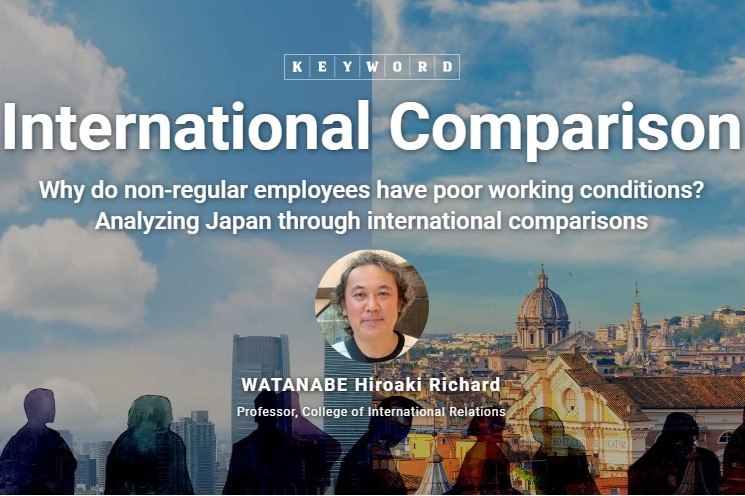
International Comparison -Why do non-regular employees have poor working conditions? Analyzing Japan through international comparisons(Prof. WATANABE Hiroaki Richard)
2024.10.22
